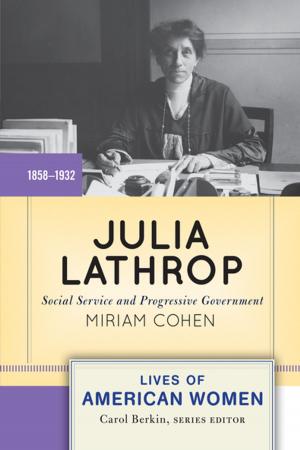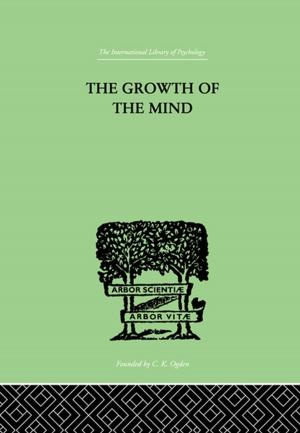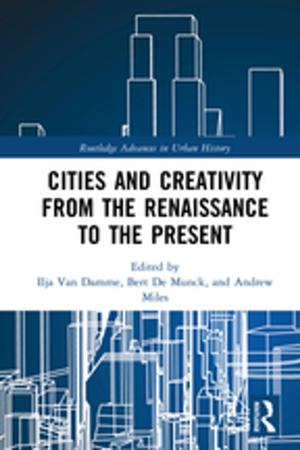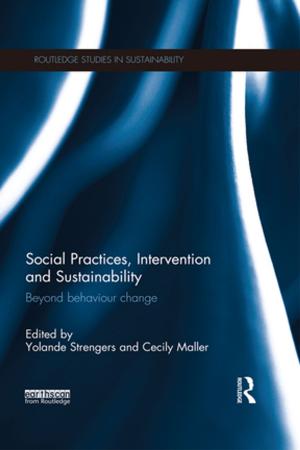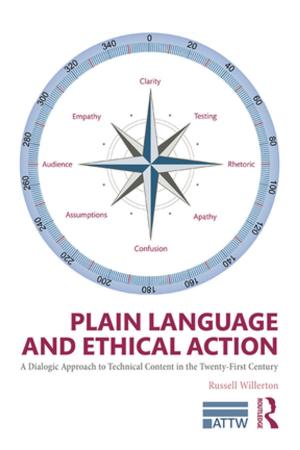The Language of Schooling
A Functional Linguistics Perspective
Nonfiction, Reference & Language, Language Arts, Study & Teaching, Linguistics, Education & Teaching| Author: | Mary J. Schleppegrell | ISBN: | 9781135620912 |
| Publisher: | Taylor and Francis | Publication: | April 26, 2004 |
| Imprint: | Routledge | Language: | English |
| Author: | Mary J. Schleppegrell |
| ISBN: | 9781135620912 |
| Publisher: | Taylor and Francis |
| Publication: | April 26, 2004 |
| Imprint: | Routledge |
| Language: | English |
This book is about how language is used in the context of schooling. It demonstrates that the variety of English expected at school differs from the interactional language that students use for social purposes outside of school, and provides a linguistic analysis of the challenges of the school curriculum, particularly for non-native speakers of English, speakers of non-standard dialects, and students who have little exposure to academic language outside of schools.
The Language of Schooling: A Functional Linguistics Perspective builds on current sociolinguistic and discourse-analytic studies of language in school, but adds a new dimension--the framework of functional linguistic analysis. This framework focuses not just on the structure of words and sentences, but on how texts are constructed--how particular grammatical choices create meanings in the different kinds of texts students are asked to read and write at school.
The Language of Schooling: A Functional Linguistics Perspective
*provides a functional description of the kinds of texts students are expected to read and write at school;
*relates research from other sociolinguistic and language development perspectives to research from the systemic functional linguistics perspective;
*focuses on the increasing linguistic demands of contexts of advanced literacy (middle school through college);
*analyzes the genres typically encountered at school, with extensive description of the grammatical features of the expository essay, a gatekeeping genre for secondary school graduates;
*reviews the grammatical features of disciplinary genres in science and history; and
*argues for more explicit attention to language in teaching all subjects, with a particular focus on what is needed for the development of critical literacy.
This book will enable researchers and students of language in education to recognize how the grammatical and discourse features of the language of schooling construct the content areas, role relationships, and purposes and expectations of schools. It also will enable them to better understand the nature of language itself and how it emerges from and helps to maintain social structures and institutions, and to apply these understandings to creating classroom environments that build on the strengths students bring to school.
This book is about how language is used in the context of schooling. It demonstrates that the variety of English expected at school differs from the interactional language that students use for social purposes outside of school, and provides a linguistic analysis of the challenges of the school curriculum, particularly for non-native speakers of English, speakers of non-standard dialects, and students who have little exposure to academic language outside of schools.
The Language of Schooling: A Functional Linguistics Perspective builds on current sociolinguistic and discourse-analytic studies of language in school, but adds a new dimension--the framework of functional linguistic analysis. This framework focuses not just on the structure of words and sentences, but on how texts are constructed--how particular grammatical choices create meanings in the different kinds of texts students are asked to read and write at school.
The Language of Schooling: A Functional Linguistics Perspective
*provides a functional description of the kinds of texts students are expected to read and write at school;
*relates research from other sociolinguistic and language development perspectives to research from the systemic functional linguistics perspective;
*focuses on the increasing linguistic demands of contexts of advanced literacy (middle school through college);
*analyzes the genres typically encountered at school, with extensive description of the grammatical features of the expository essay, a gatekeeping genre for secondary school graduates;
*reviews the grammatical features of disciplinary genres in science and history; and
*argues for more explicit attention to language in teaching all subjects, with a particular focus on what is needed for the development of critical literacy.
This book will enable researchers and students of language in education to recognize how the grammatical and discourse features of the language of schooling construct the content areas, role relationships, and purposes and expectations of schools. It also will enable them to better understand the nature of language itself and how it emerges from and helps to maintain social structures and institutions, and to apply these understandings to creating classroom environments that build on the strengths students bring to school.

